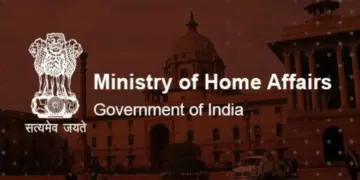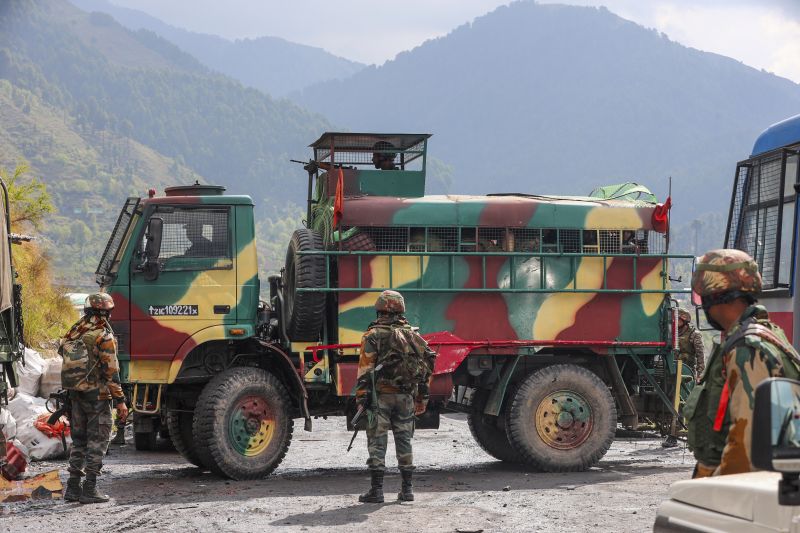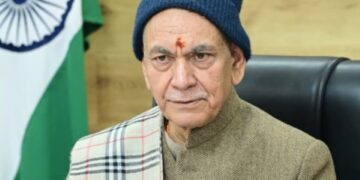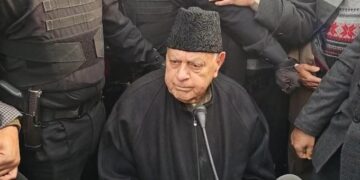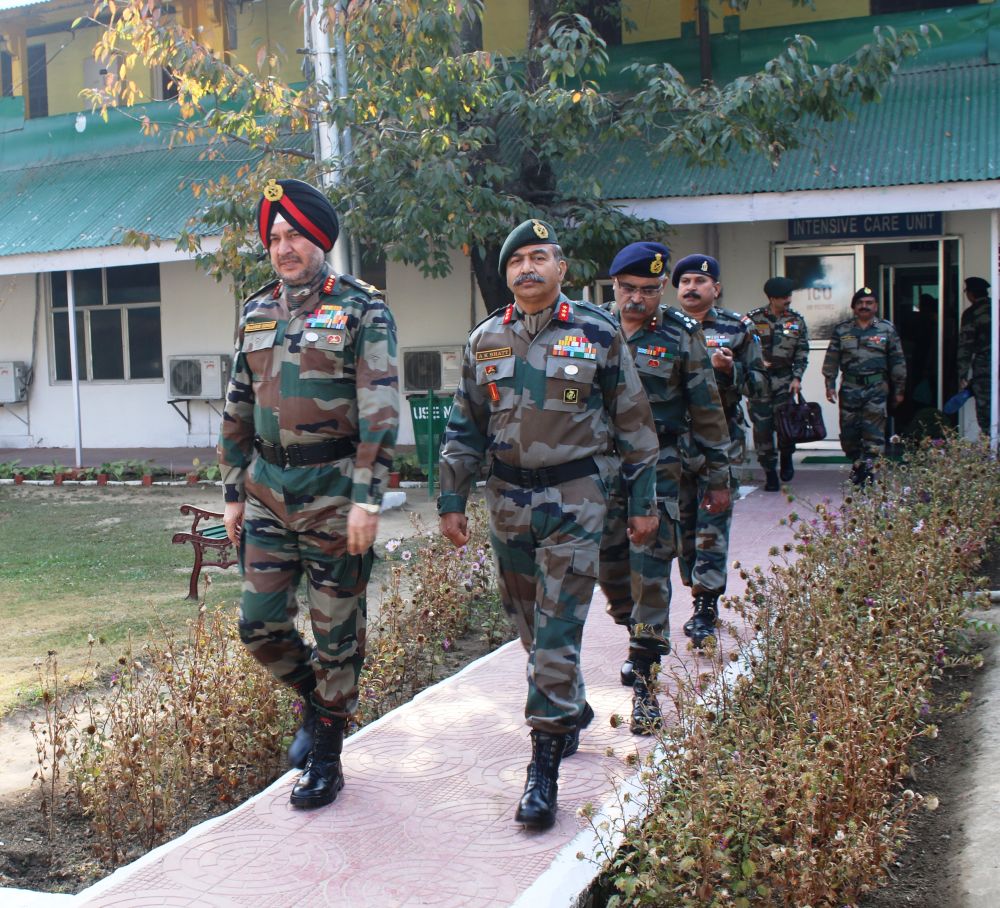Srinagar, Oct 29: The Commonwealth Human Rights Initiative (CHRI) has criticised New Delhi for not ratifying torture laws despite signing the UN Convention Against Torture (CAT) eleven years ago.
In a statement, CHRI said that justice (Retd.) AP Shah, the former Chairman of the 20th Law Commission of India, joined other prominent speakers in condemning the tacit acceptance of the practice.
“Some judges are convinced that without torture, evidence-gathering and subsequent conviction is not possible. This acceptance of torture in India is an open secret and [torturous] treatment meted out to certain communities is accepted as par for the course for ‘justice and safety’ of the country,” Shah said during his speech.
The statement said a major part of the discussions at the conference centered around the denial of the Indian state of torture as a specific crime.
“Even in the NCRB (National Crimes Record Bureau), torture never figures as a reason for custodial deaths. There is a general lack of outrage against this institutionalized brutality by law-enforcement agencies,” said Jinee Lokaneeta, a rights activist, writer and professor at Drew University in New Jersey.
A statement issued here by CHRI said a two-day conference on anti-torture legislation in India has underscored that 11 years after signing the UN Convention Against Torture (CAT), India has still not ratified it and passed a national law on the issue.
Lokaneeta said the torture in India almost always succeeds in going unreported, and a significant reason for this is the lack of medical documentation of victims.
Lokaneeta said the Human Rights Watch (HRW) while stressing on the need for post-mortem reform, showed with examples how glaringly obvious instances of death by torturous trauma are consistently denied by the medical establishment to suit the agenda of “security forces”.
“Indeed, senior Supreme Court advocate and human rights activist Colin Gonsalves took a very strong view of excesses by police and paramilitary forces across the country – especially in vulnerable areas such as Kashmir or Chhattisgarh, where torture is rampantly used by the state as a weapon against dissent,” Lokaneeta said.
“I have handled several murder cases, but not a single one where doctors found a case of torture. A common excuse is that the deceased died of cardiac arrest, but never will these doctors say that the heart attack was actually triggered by beating,” Lokaneeta added.
The statement said the consensus among the participants, of course, was that India badly needs a wider definition of torture, especially given that it has recently joined the UN Human Rights Council, and has, in the process, made an array of promises to defend human rights.
Members from the Commonwealth Human Rights Initiative (CHRI), World Organisation against Torture (OMCT), People’s Watch, Quill Foundation, the International Commission of Jurists and Project 39 A from the National Law University, Delhi, conducted the conference “On Strengthening Legal Protection Against Torture in India” on October 26 and 27, 2018 with nearly 80 experts, lawyers, academics, journalists, and activists.
The UNCAT (Convention against Torture and Other Cruel, Inhuman or Degrading Treatment or Punishment) is an international treaty that prohibits torture and other acts of cruel, inhuman, or degrading treatment or punishment, and creates an instrument to monitor and hold governments to account.
“The backdrop for this conference was a country that claims to consider torture ‘alien’ to its culture, while turning a blind eye to the hundreds – perhaps thousands – of instances of custodial torture and deaths that surface every year,” it said.
Ambassador Claude Heller Rouassant, vice-chairperson of the UN Committee against Torture clarified, though, that the mere ratification of the UNCAT would not be the solution to all of the country’s rights issues.
“The UNCAT is not the solution, but it is part of the solution. And it can be used a base to arrive at the solution,” said Ambassador Rouassant, a former President of the UN Security Council.


